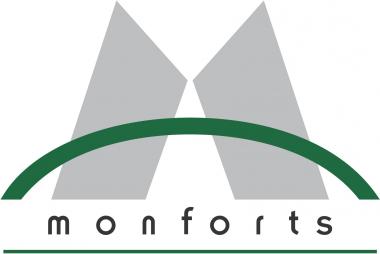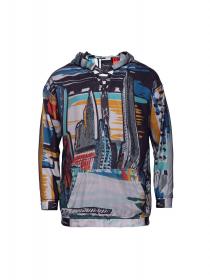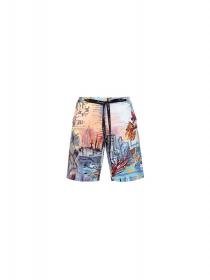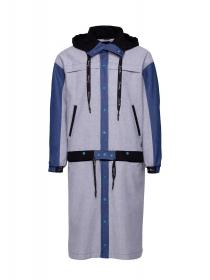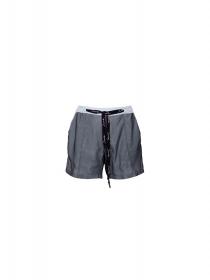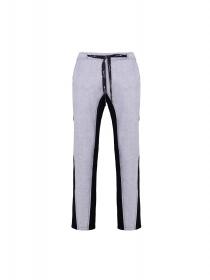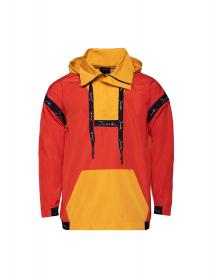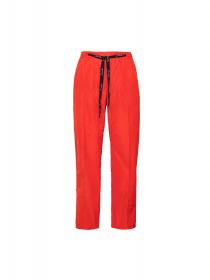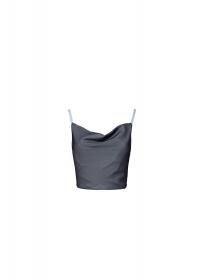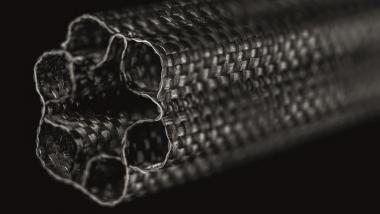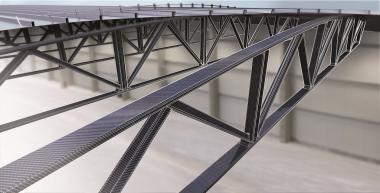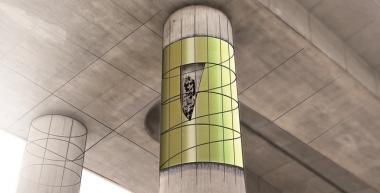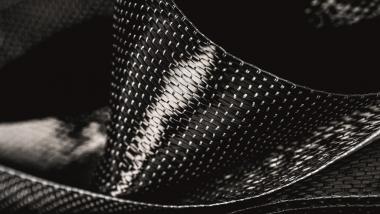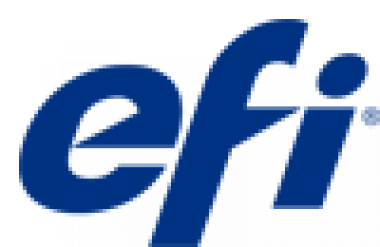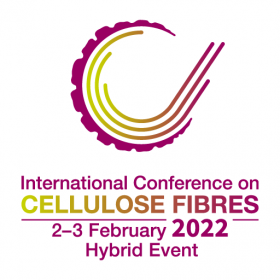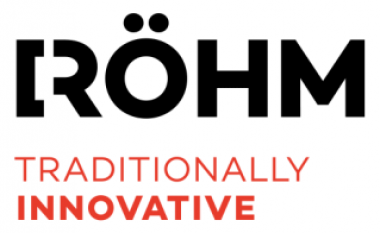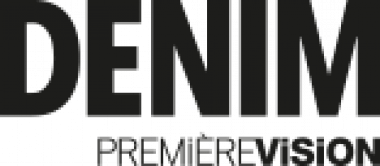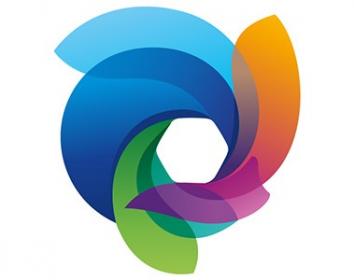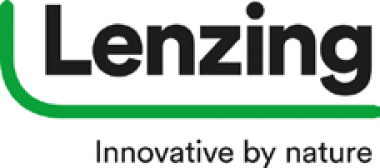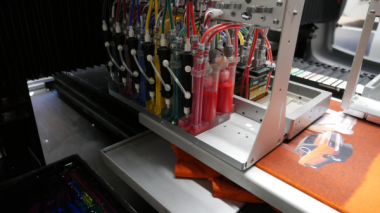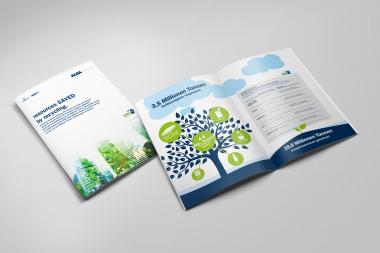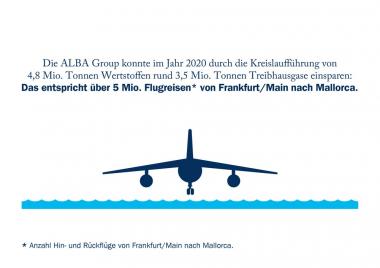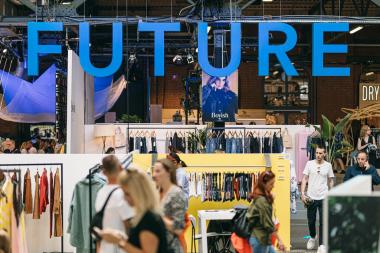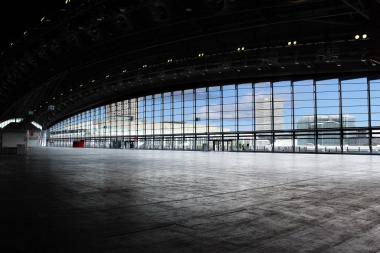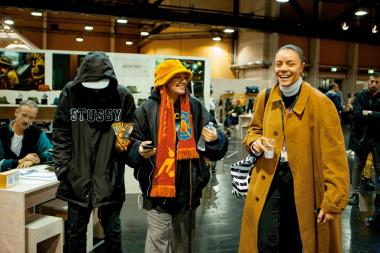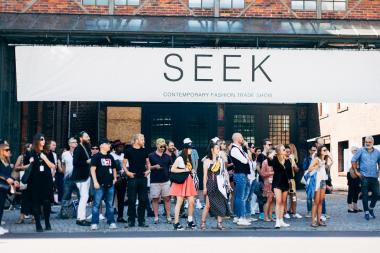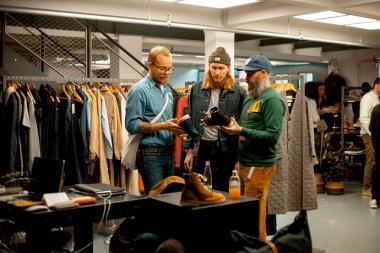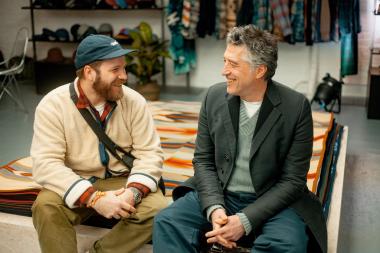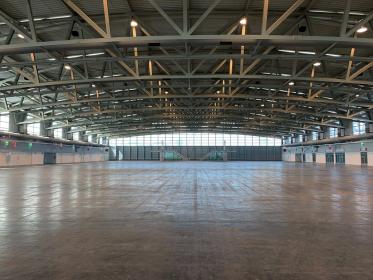adidas launches new share buyback
Through its new strategy ‘Own the Game’ adidas expects to generate substantial cumulative free cash flow until 2025. The company plans to share the majority of it – between € 8 and € 9 billion – with its shareholders through dividend pay-outs as well as through share buybacks. In this context, adidas had launched a share buyback program in July which was completed successfully at the end of September. Between July 1 and September 30, 2021, the company bought back 1,851,522 shares for a total amount of € 550 million.
Against this background, the Executive Board, with approval of the Supervisory Board, has decided to launch an additional share buyback program. Starting on October 18, 2021, the company plans to buy back shares worth € 450 million until the end of the year. Taking into consideration the share buyback completed at the end of September, adidas will buy back shares in a total amount of € 1 billion in 2021. Including the dividend payment of € 585 million in May, the company will return nearly € 1.6 billion to its shareholders this year.
“The decision to launch an additional share buyback program reflects our strong financial profile as well as the successful start of the execution of our strategy ‘Own the Game’,” said Harm Ohlmeyer, CFO of adidas. “Regular share buybacks and dividends in the amount of between € 8 and € 9 billion are a key component of ‘Own the Game’. They will be complemented by returning the majority of the cash proceeds from the Reebok divestiture to our shareholders after closing of the transaction.”
adidas intends to cancel most of the repurchased shares, which would reduce the number of shares and the share capital accordingly.
adidas
adidas AG







